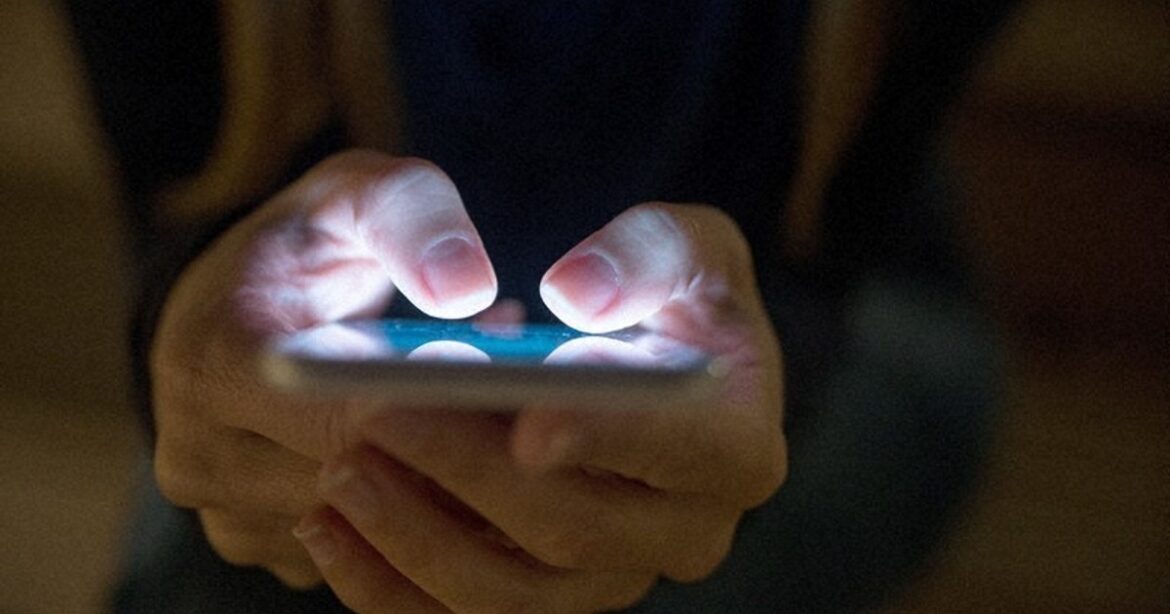
(Getty Images)
TOKYO — The smartphone ownership rate among fourth to sixth graders in the Kanto region that includes the Japanese capital has surpassed 50% for the first time according to a private survey, while some educators caution that smartphone use for more than one hour a day lowers grades.
As the new school year has started, many parents may find themselves contemplating whether to give in to kids asking for smartphones. A private survey revealed that more than half of upper graders at elementary schools in the greater Tokyo area now own smartphones, with the age of ownership debut trending downward. While smartphones offer advantages such as securing means of communication, research indicates they may significantly impact academic performance.
Average age of first ownership at 10.4 years
The survey was conducted by major carrier NTT Docomo Inc.’s Mobile Society Research Institute in November 2024, targeting elementary and junior high school students and their parents through home visits, with 1,300 responses collected.
Among students in fourth to sixth grades in the Kanto region, 52% reported owning a smartphone, up 10 percentage points from the previous year, marking the first time this group has formed a majority. The ownership rate has been on an upward trend since posting 17% in 2018, when the survey started.
The average age at which children in Kanto first possessed smartphones came to a record low of 10.4 years, down from 11.3 years in the 2019 survey. Debut ownership is concentrated between ages 8 to 13, with 12 being the most common age. By gender, 22% of boys and 23% of girls received one at 12, suggesting that about one in four children was given a smartphone around the time they shift from elementary to junior high school.
“Emergency contact” and “location tracking” were the primary reasons that parents gave smartphones to children in lower grades at elementary school or younger. However, as children reached upper elementary grades, reasons expanded to include “children’s requests” and “peer influence.”
On X (formerly Twitter), numerous posts from presumed parents express concerns over when and how to allow their children to use smartphones. In some countries, concrete measures to prevent digital addiction, such as banning smartphone or specific app use by children, are underway.
Calls for ‘one hour a day’ limit
In Japan, the Sendai Municipal Board of Education and Tohoku University were among the first to sound alarm regarding children’s smartphone use. Their joint study in 2013 concluded that “no matter how much students study, longer smartphone usage leads to lower grades.”
The study analyzed the correlation between smartphone use and academic performance among approximately 24,000 junior high school students in the city of Sendai, categorizing them by usage time and weekday study hours.
Among the groups of students who “do not use smartphones at all” and those using them for less than one hour, average scores in academic achievement tests increased with longer study hours. However, when smartphone use exceeded one hour, average scores declined regardless of study time. Students who “do not use smartphones at all and study less than 30 minutes” performed better in the tests than those who “use smartphones for at least four hours and study two hours or more.”
The education board advises, “Smartphone use should not exceed one hour a day,” and urges parents to discuss the risks of smartphone use with their children, clarify the purpose of ownership and establish rules for use if they give the devices to their kids.
(Japanese original by Yuko Shimada, Business News Department)


AloJapan.com